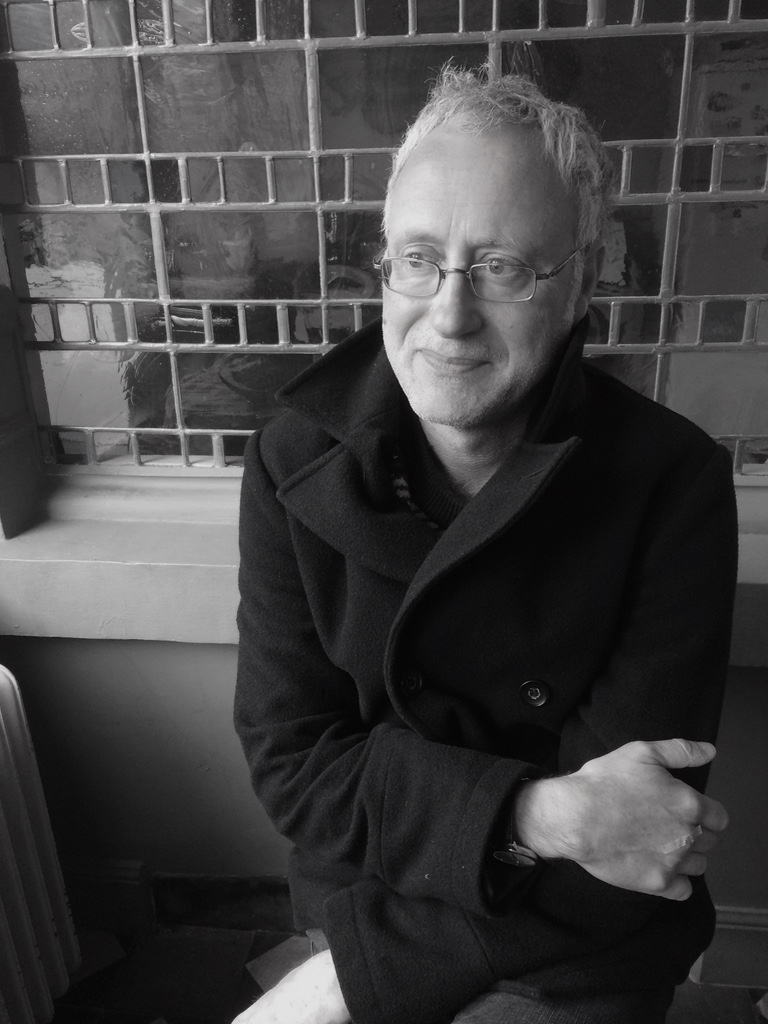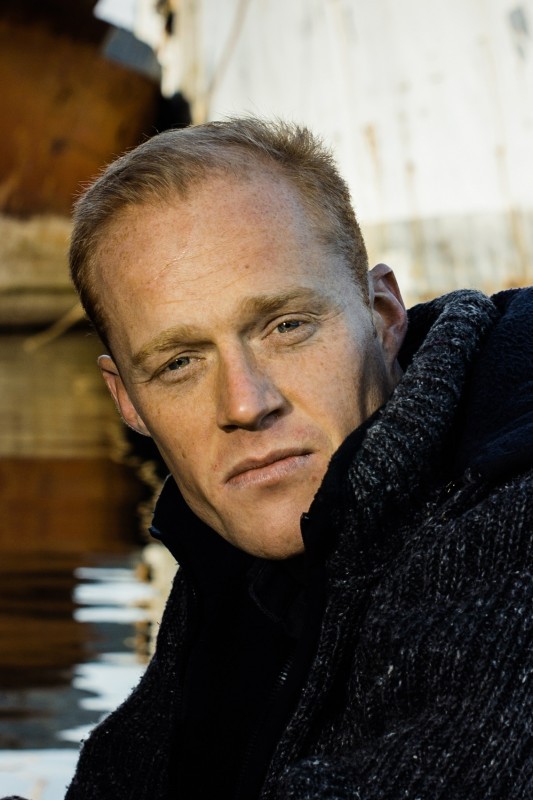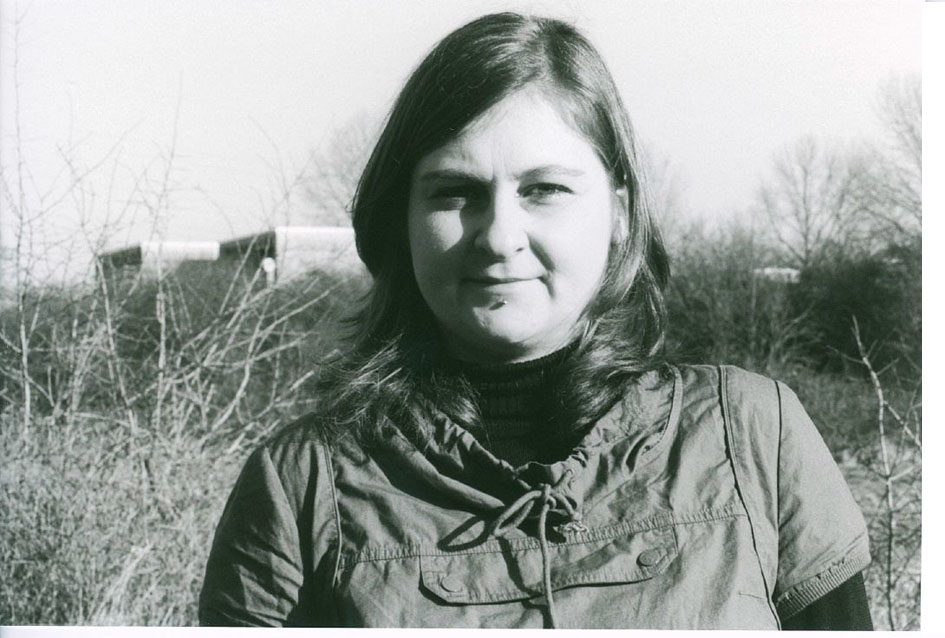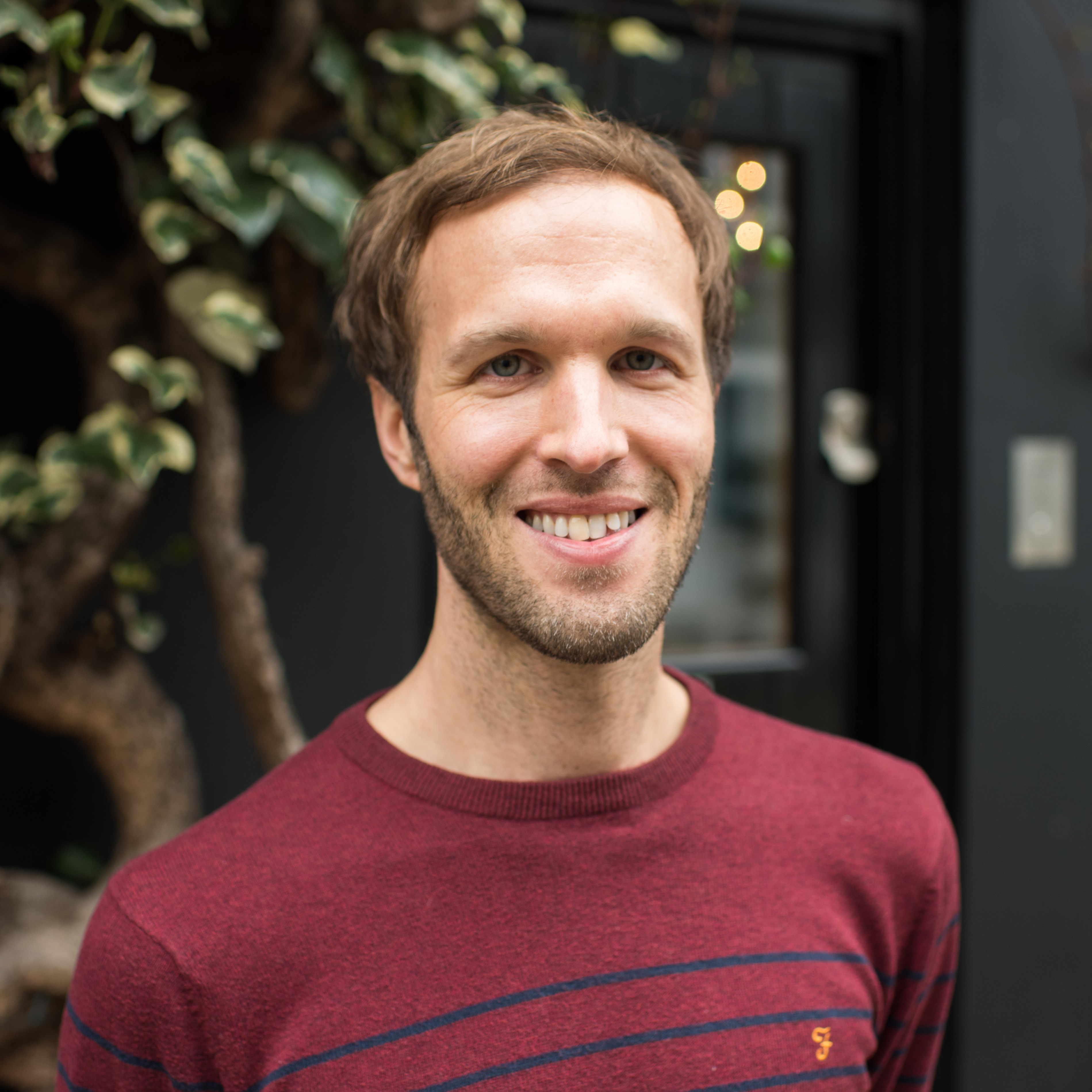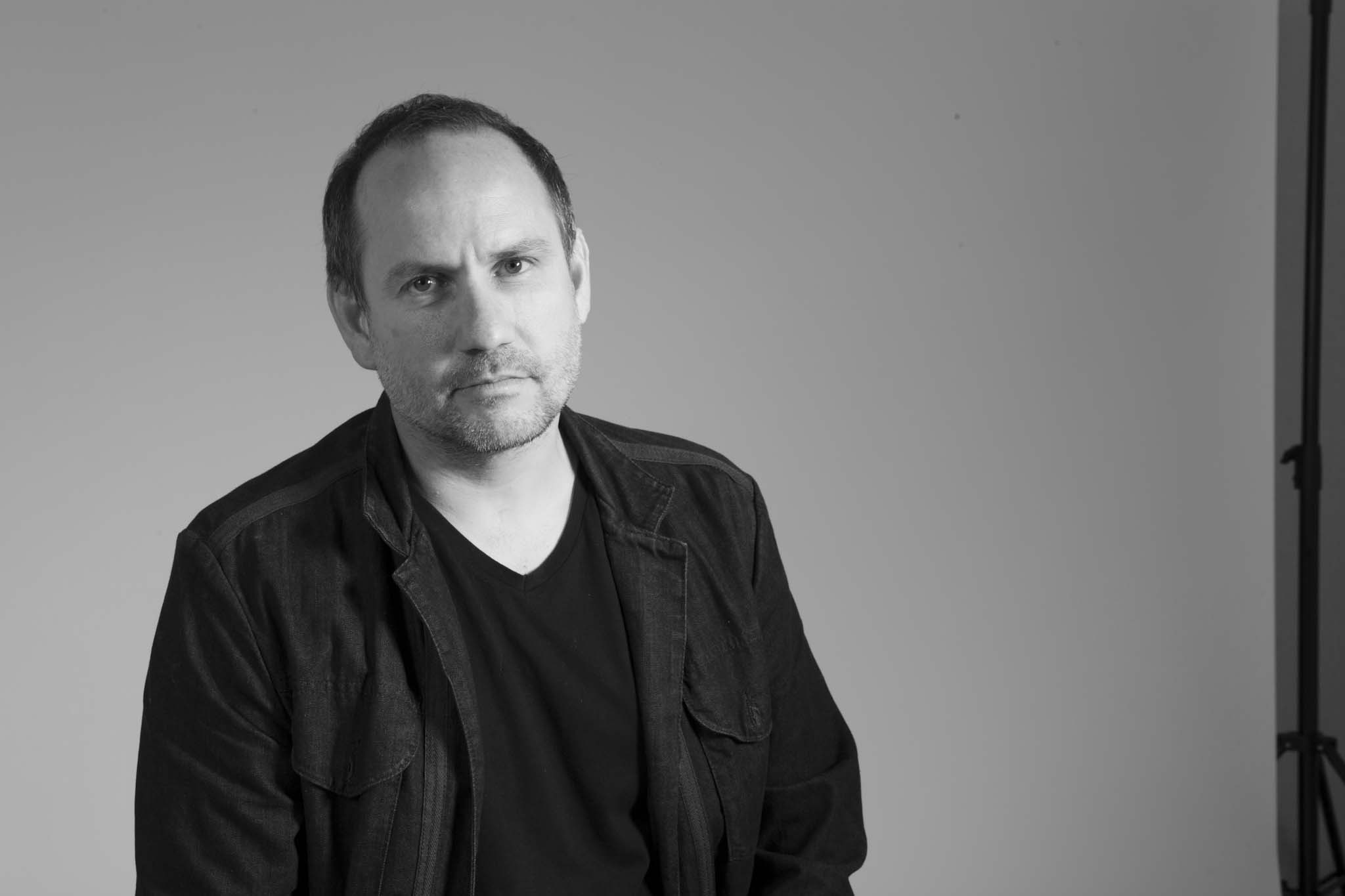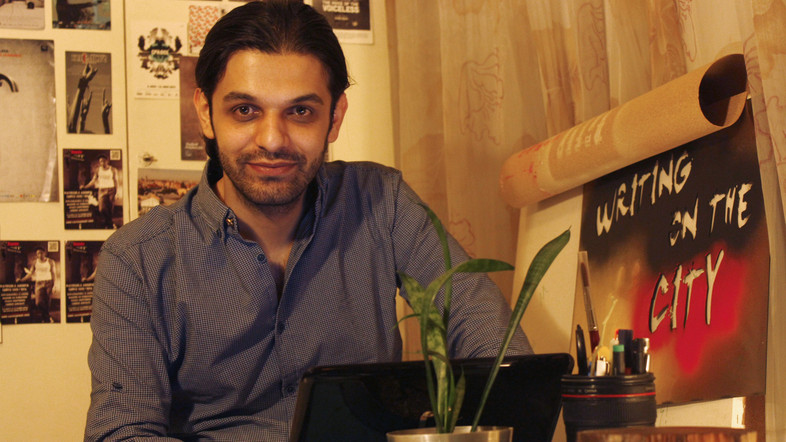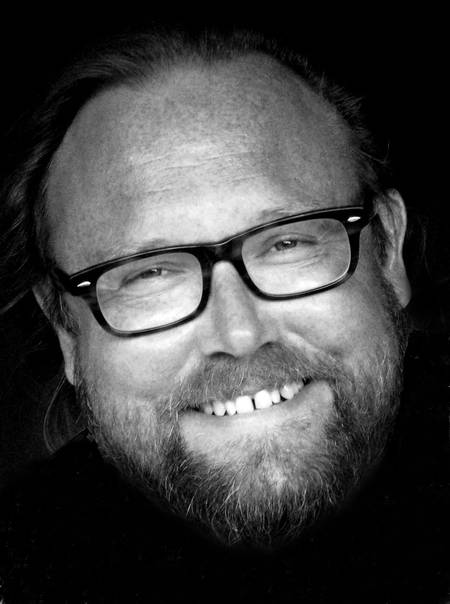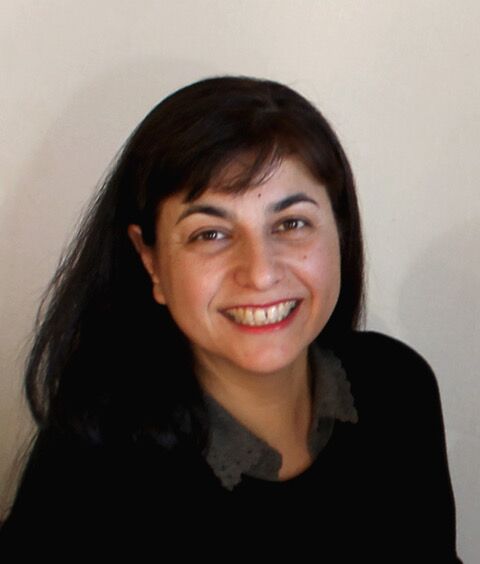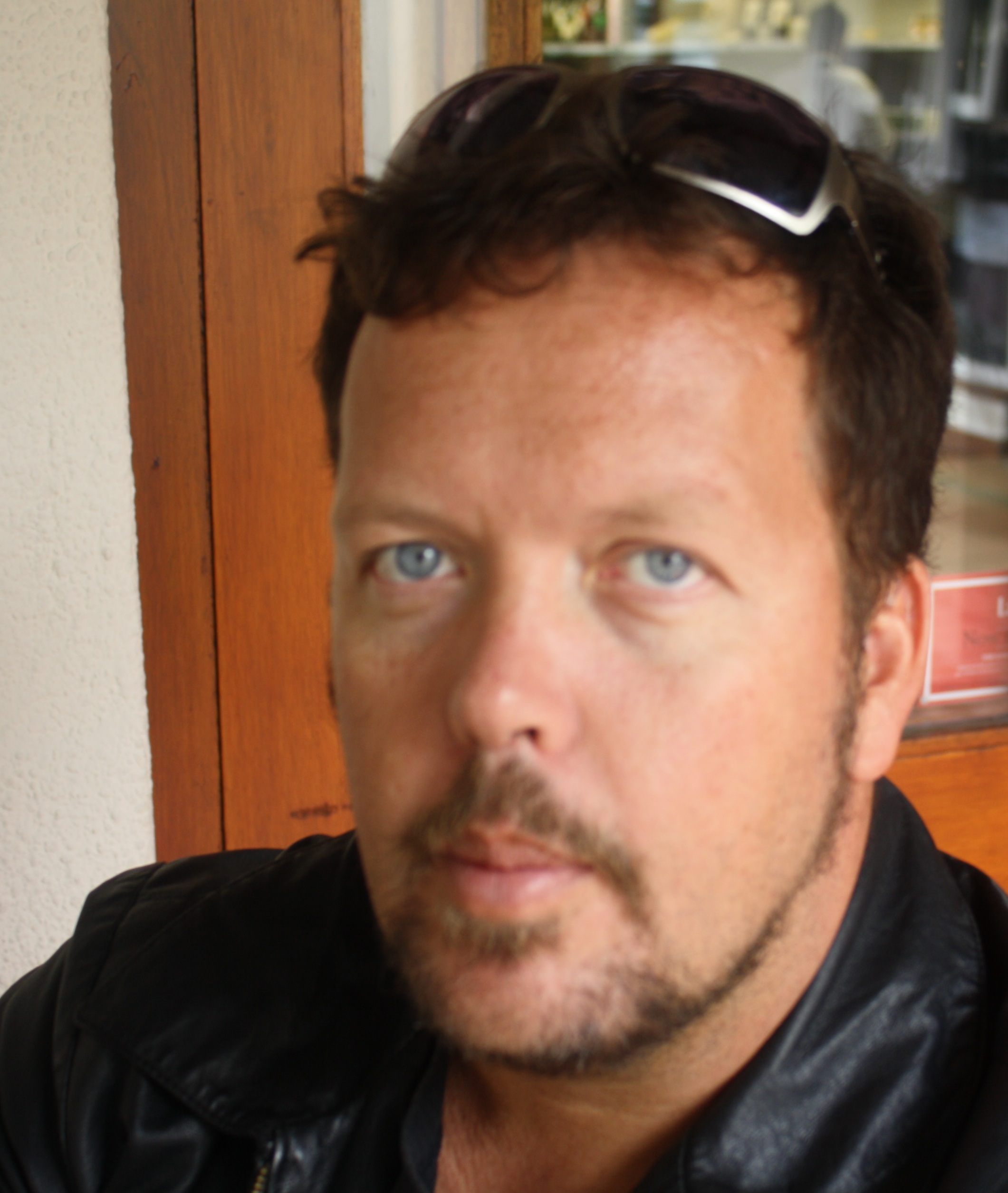
He was born 1969 in Bloemfontein South Africa and he is a South African film director and documentary maker.
He has a wide background in writing, music, academia and film. After completing an MA degree with distinction under literature Nobel Prize laureate JM Coetzee at the University of Cape Town, he worked with Barenholtz Productions in New York and as crew member on various independent features. Verster’s acclaimed debut as documentary director/producer was Pavement Aristocrats: The Bergies of Cape Town.
In 1998, Verster formed Undercurrent Film & Television, a Cape Town-based company that aims to produce quality documentary programmes for local as well as international markets.
- Pavement Aristocrats(1998) (1999 Avanti Award Best Documentary & Avanti Craft Award)
- The Story of « Mbube »(1999) (TV) (1999 National Television & Video Association Silver Stone & Stone Craft Award)
- The Man who would kill Kitchener(1999) (1999 NTVA Silver Stone & Stone Craft Award) The life of Fritz Joubert Duquesne, a Boer captain and German spy during both world wars, was the subject of this documentary film.
- The Granite War(2000)
- Guilty(2001), (Cinema film) (2002 NTVA Silver Stone & Stone Craft Award)
- A Lion’s Trail(2002) (2006 Emmy Award) (2003 Best Documentary, Portobello) (2003 Silver Dhow, Best Documentary, Zanzibar International Film Festival) (2003 Special Selection, Parnu) (2003 NTVA Stone & Stone Craft Award)
- When the War is Over(2002) (2004 Best Documentary, Milan African Film Festival) (2003 Best Film, Norwegian Documentary Film Festival) (2003 Signis Award, Zanzibar) (2003 Official Selection, Fespaco) (2003 NTVA Gold Stone & Stone Craft Award) (2002 Official Selection Silver Wolf Competition, Idfa)
- The Mothers’ House(2005) (2006 Best Documentary Apollo Film Festival) (2006 Best Documentary Zimbabwe International Film Festival) (Jury’s Special Mention, Norwegian Film Festival) (2005 Best Documentary, Cape Town World Cinema Festival)
- Sea Point Days(2008)
- The Dream of Sharazad(2014)

